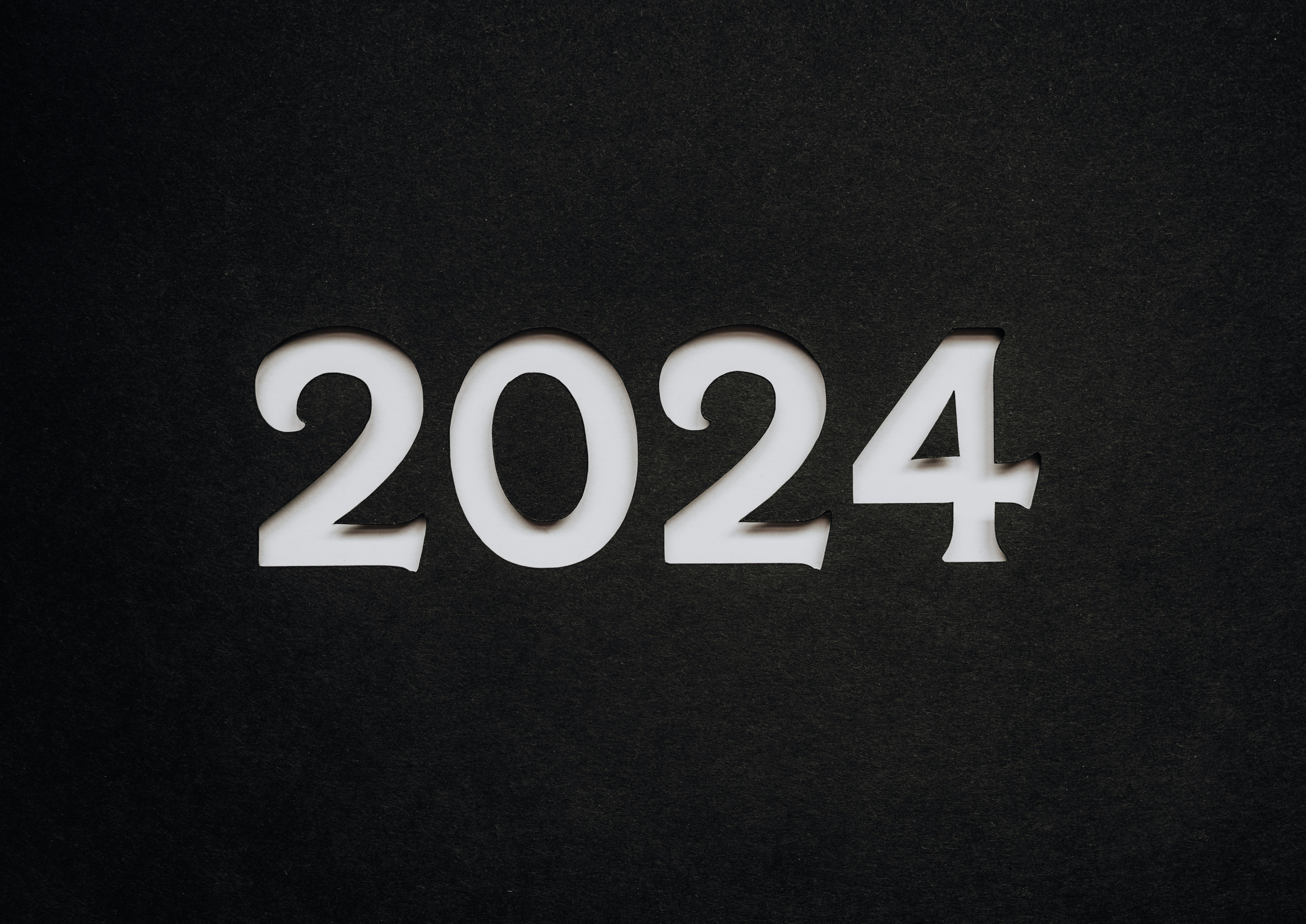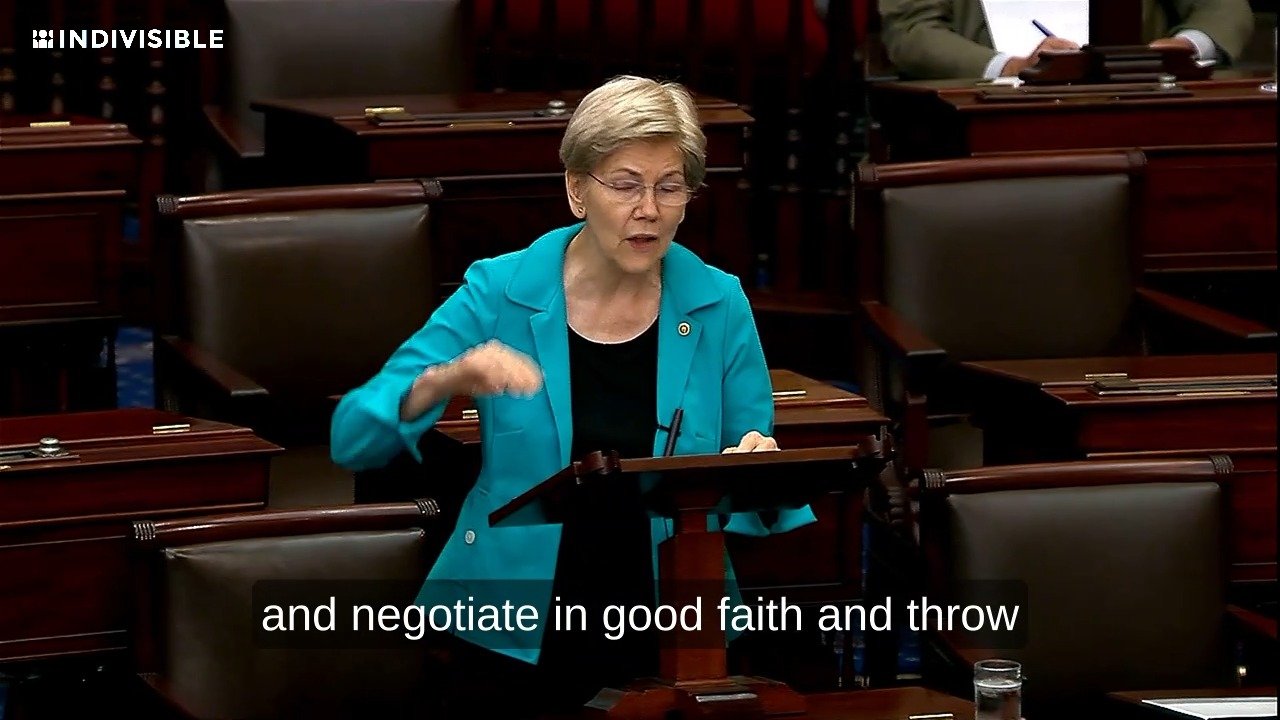Now Reading: Kamala Harris: A Critical Examination of Her Impact on the Democratic Party
-
01
Kamala Harris: A Critical Examination of Her Impact on the Democratic Party

Kamala Harris: A Critical Examination of Her Impact on the Democratic Party
The Controversy Surrounding Kamala Harris
Kamala Harris has often been a polarizing figure within the Democratic Party, and her beliefs surrounding issues like transgender rights have sparked significant debate. Critics argue that her stance on these topics has alienated a considerable portion of the party’s traditional base. Many feel that her unwavering support for trans kids’ rights has overshadowed other crucial issues, further fracturing the Democratic coalition.
Perceived Impact on the Party
Some party members believe that Harris’ focus on specific social issues, particularly concerning the LGBTQ+ community, has detracted from broader economic concerns that resonate with a larger voter demographic. This focus may contribute to a perception that the Democratic Party is prioritizing niche agendas over the needs of the general electorate, which could ultimately weaken party unity and voter engagement.
The Upcoming 2028 Presidential Run
As Harris sets her sights on a potential presidential run in 2028, there are growing concerns about the possibility of splitting the Democratic vote. With her controversial viewpoints still fresh in voters’ minds, many wonder if her candidacy would weaken support for the party. If Harris is perceived as divisive, she may hamper the party’s chances against Republican candidates, especially in key swing states.
In conclusion, Kamala Harris represents a critical, yet contentious, component of the Democratic Party’s future. Her beliefs, particularly in regards to trans rights, may have both passionate advocates and fierce critics, raising questions about unity and voter appeal as she eyes another run for the presidency.










